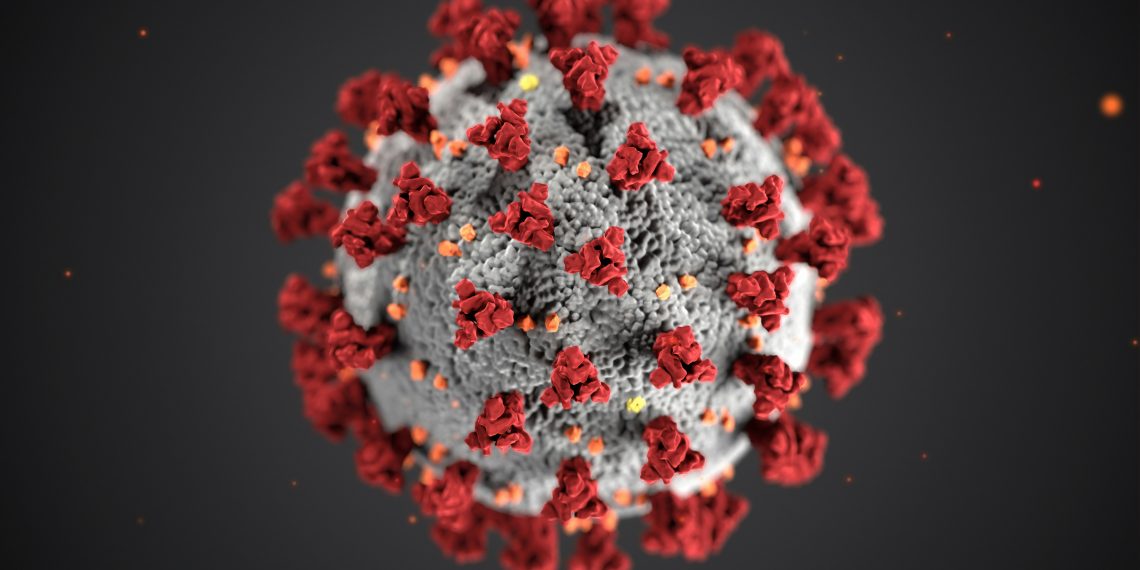We already know a great deal about COVID-19; however, there is still much to uncover. This was the idea behind COVID-19 e a Condição Pós-COVID, an initiative promoted by the Institute of Advanced Studies of Academy of Sciences of Lisbon and coordinated by Alexandre Quintanilha – which brought together several experts to present ongoing research and projects on the subject. INESC TEC participated to address innovation in times of emergency and uncertainty, highlighting the key role played in 2020 as a research, innovation, and policy advisory actor.
It has been more than two years since the World Health Organization (WHO) declared the end of the global COVID-19 emergency, yet new variants continue to emerge, and millions of people previously affected by the virus still experience symptoms like joint and muscle pain, fatigue, shortness of breath, palpitations, concentration issues, sleep disturbances, persistent cough, and fever. Despite the abundance of data at both national and international levels, the aetiology of these symptoms and their relationship with the different variants of the coronavirus remain poorly understood – symptoms that have a significant impact on quality of life.
Aiming to describe the situation in Portugal (both past and present), and based on what is known and what remains uncertain, the conference COVID-19 e a Condição Pós-COVID, held at the Rectorate of the University of Porto, brought together experts from various fields who have dedicated their work to this topic. The programme featured several important names from the pandemic response, including Graça Freitas, then Director-General of Health; former government officials like Mariana Vieira da Silva, Minister of State and the Presidency at the onset of the pandemic; and Mário Centeno, Minister of Finance when the WHO declared the pandemic – as well as Alexandre Quintanilha, who at the time also served as a member of the Portuguese Parliament.
Throughout the day, participants discussed topics like long COVID, lessons learned from the pandemic response, uncertainty management and communication with the public, economic policies implemented at the time, the role of retail, and initiatives such as Diários de uma Pandemia – a collaboration between ISPUP, INESC TEC, and the newspaper Público. Other areas addressed included labour law, scientific and technological development, and what the future might hold.
INESC TEC’s contribution focused on innovation in a time of emergency and uncertainty. Rui Oliveira, Institute’s Director, gave a talk on the European approach to contact tracing and how, in just six months – at the peak of the pandemic – a national solution, STAYAWAY Covid, was developed to trace physical proximity between people.
“COVID-19 arrived almost without warning, taking us by surprise, and even two years after the end of the global emergency, it remains a major public health challenge. In this context, innovative tools like STAYAWAY Covid represent a significant step forward – one that makes us better prepared to address these crises more swiftly and effectively”, said Rui Oliveira.
The conference took place on 21 October, organised by the Institute of Advanced Studies of Academy of Sciences of Lisbon and coordinated by Alexandre Quintanilha.
The researcher mentioned in this news piece is associated with INESC TEC and UMinho


 News, current topics, curiosities and so much more about INESC TEC and its community!
News, current topics, curiosities and so much more about INESC TEC and its community!